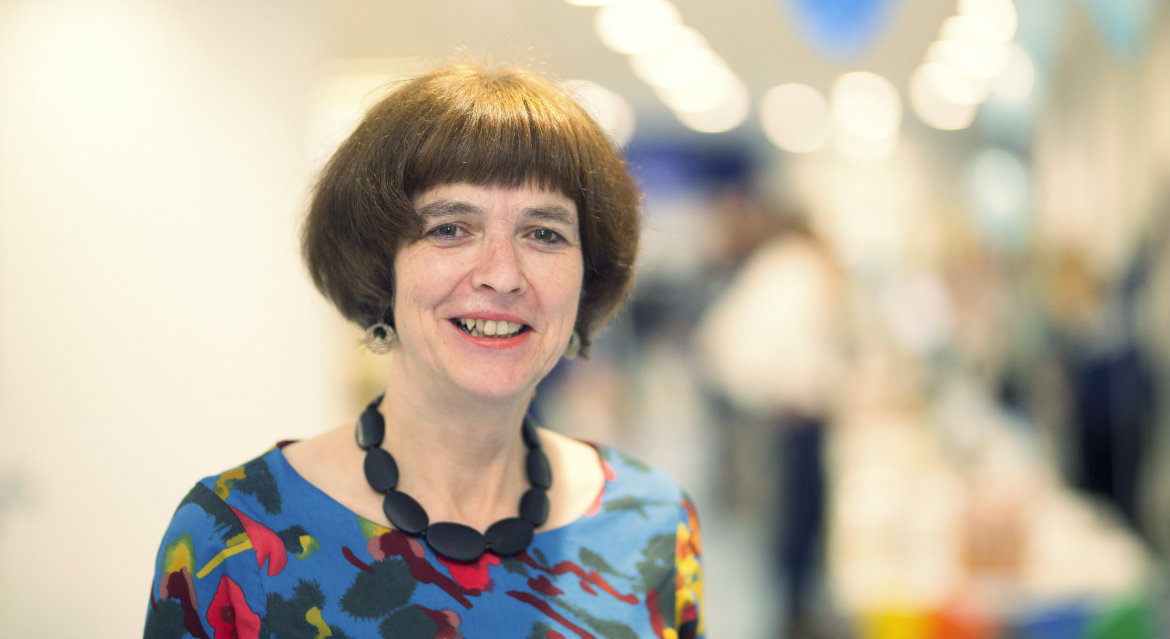A decade of cancer prevention – what has emerged?
Published On Fri 2 Feb 2018 by Grant Hill

Billions of pounds have been spent on identifying modifiable factors that increase the risk of cancer. In theory it should be money well spent but only if we act upon the evidence to support people to have healthier lifestyles.
To mark World Cancer Day, Scotland’s leading experts on the disease will meet next week to look at how cancer prevention can be more effectively delivered and promoted a decade after the landmark report which placed it at the centre of the healthcare agenda.
The seventh annual Scottish Cancer Prevention Network (SCPN) conference takes place on Monday February 5 at Merchants Hall in Edinburgh. Aileen Campbell MSP, Minister for Public Health and Sport, will address the conference.
Ms Campbell said, “I am delighted to have been invited to speak at this year’s Scottish Cancer Prevention Network Conference to take part in the conversation around how we can work to reduce the number of preventable cancers in Scotland. The theme of this year’s event, ‘We Can, I Can’ is particularly pertinent as it reinforces that everyone, Health Boards, charities, businesses and individuals have a part to play in tackling cancer.”
Professor Annie Anderson, of the University of Dundee and Co-Director of the SCPN, said, “In 2007, the World Cancer Research Fund produced their expert report on Food, Nutrition, Physical Activity and the Prevention of Cancer setting out the importance of lifestyle factors, in addition to smoking, that could make a difference to cancer incidence.
“This was a landmark report that helped place greater significance on prevention of cancer and what we as a society could do to help ourselves.
“Among the clear messages from it included tackling body fatness, physical activity, foods that promote weight gain, the importance of plant foods, decreasing intake of animal foods, alcoholic drink and breast feeding.
“All of these we know can reduce the risk of cancer. Body fatness matters and particularly notable in breast, endometrial and colon cancer is that losing weight has a particularly positive effect. Data from bariatric surgery suggests that there is a 33% reduction in any cancer after significant weight loss, but even small losses of 5 to 10% body weight can make a difference.
“Physical activity makes a difference, but it isn’t about running marathons. Getting warm and active for 10 minutes bursts can add up. Making coffee breaks walking breaks counts.
“Alcohol does cancer risk no favours. Only 18% of the population know alcohol increases risk for breast cancer, and there are no warning labels on bottles, a hidden secret that needs to be exposed.
“We are consistently pushing across the healthcare sector and in many spaces to get the message across but we have to ask, is it being accepted, and is it a message society wants to hear?”
Professor Bob Steele, also of the University of Dundee and Co-Director of SCPN, said, “The Scottish Cancer Prevention Network conference will review current evidence and discuss ways to bring cancer prevention in to policy and practice, bringing in the voices of practitioners, patients, professionals, politicians and professors.
“Our speakers include some of the leading cancer researchers and senior healthcare figures from across Scotland and the UK.”
The SCPN World Cancer Day conference takes place from 9.30am on Monday 5 February at the Merchants’ Hall, Hanover Street, Edinburgh.
The Scottish Cancer Prevention Network is funded by The Scottish Cancer Foundation. The Network is focussed on moving evidence on cancer risk reduction into everyday life, practice and policy. See: www.cancerpreventionscotland.org.uk
World Cancer Day is on Sunday February 4.